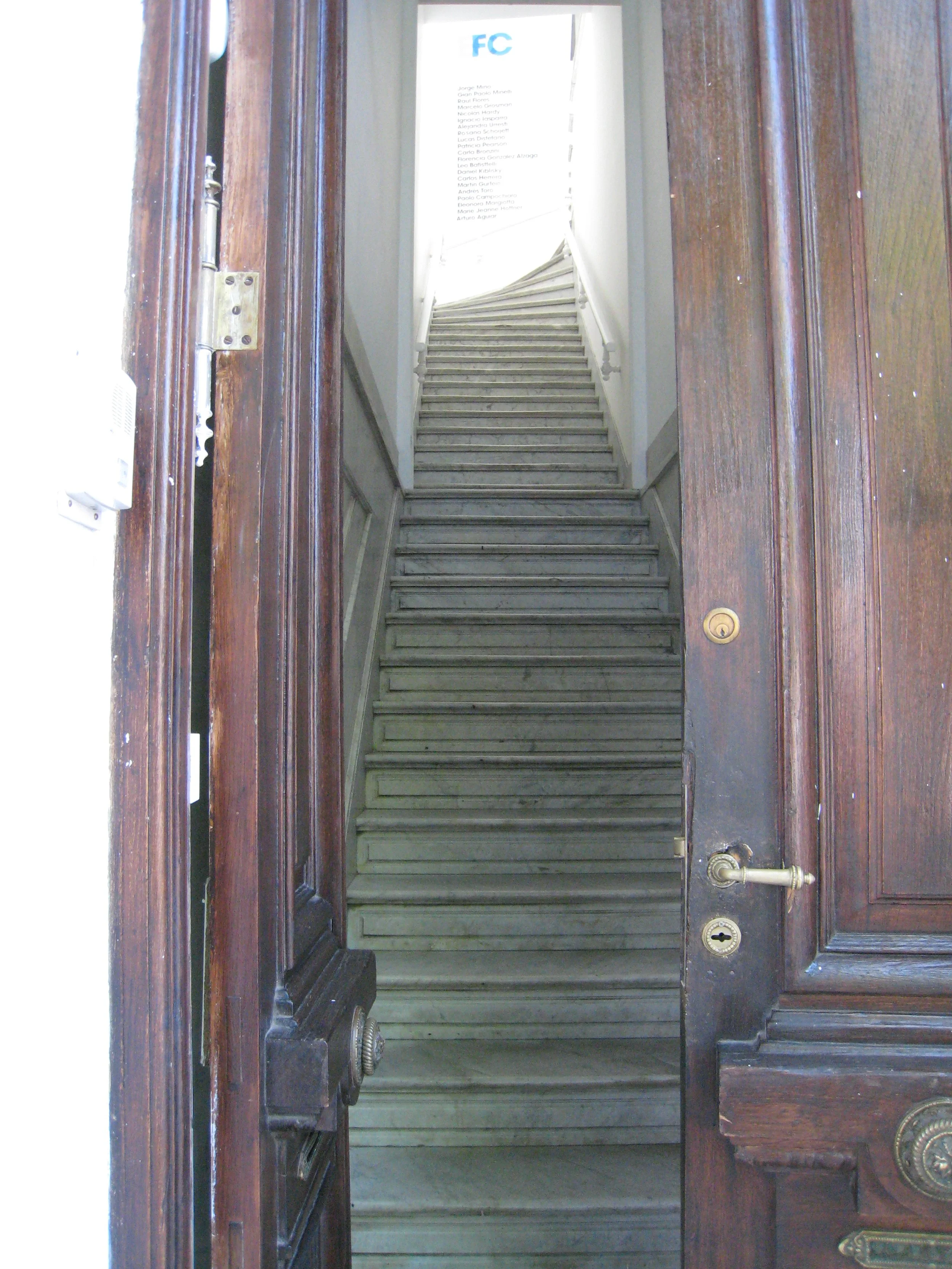Reasons I Became a Consultant
By: Dr. Chris Downs
In “Solo Consulting: Insider Tips for Success!”, I review the top six reasons why I believe people open solo consulting practices:
1. I want to escape the Traditional Workplace
2. I want to be In Charge
3. I’m ready to do this
4. I’m Special, Uniquely Qualified
5. Others Tell me to Be A Consultant
6. I See No Other Choice
If you’d like more on any of these, please check out previous blogs or get a copy of the book.
Sometimes new consultants start their own business for only one of these reasons. Others can point to more than one. In this blog, I want to share with you why I became a consultant. My hope is that my journey might offer insights or suggestions that will help you.
In 2006, I was near one of the peaks of my adult career. I managed some wonderful staff and regularly interacted with high-quality outside consultants. My superiors told my team and I that the work we did made a difference in the lives of the people the foundation served. That was extremely important to me. We were in the business of lifting youth from disadvantaged circumstances to social, educational and personal success. I was paid more than I had been in any other job, had phenomenal benefits, and my retirement portfolio was robust.
Then in 2007, while I continued to follow my earlier trajectory of success, the foundation started to take slow, but incremental shifts away from the primary area of my work. Instead of focusing on older youth in substitute care, the foundation turned its attention to other issues.
To be fair, those other issues were extremely important too, but much of my professional career had focused on helping older, disadvantaged youth achieve success. While I realized that the foundation was realigning its focus, I ignored it, rationalizing that this was a short-term shift in their directions. I kept on doing what had always brought myself and the foundation significant success.
In early 2008, my failure to recognize the foundation’s shift resulted in our suddenly parting ways. I kicked myself for not paying attention to the changes in my employer’s primary focus.
Those were very hard times for me. I read and reread Spencer Johnson’s “Who Moved My Cheese?” to try to make sense of what had just happened to me.
The reality wasn’t that much different from so many other professionals who find themselves in an organization that has changed direction and no longer needs us.
Let’s reflect back on the 6 primary reasons why professionals jump into solo consulting.
· I was relatively satisfied with my reporting relationships at the foundation and certainly was not in a place where I couldn’t take the work environment anymore. I enjoyed the atmosphere, the travel assignments, and the people I worked with.
· I had a large degree of authority within the division. I did bump heads with leaders from time to time, but I couldn’t point to my boss as a primary reason to start my own business.
· While I was widely-known and regarded as an expert in my field, I’d never considered offering that expertise as part of a consulting practice.
· I was only one of many experts in my field. In other words, I did not believe that I was so special that my only option was consulting.
· After leaving the foundation, many national colleagues told me I’d be excellent, and likely successful, as a full-time consultant. Those opinions were valuable when I considered opening a consulting practice.
· I did, in fact, feel like I had limited options. I was a mid-career professional, making an excellent income, and did not think the pursuit of a new position somewhere else would be at all satisfying.
I guess my primary reasons to become an independent consultant boiled down to seeing limited career options. The fact that valued colleagues across the nation also thought I’d succeed as a solo consultant bolstered my courage to do so.
If you are already a consulting professional, what were your primary reasons to do so?
If you’d like to read more about the reasons professionals enter solo consulting, I invite you to purchase a copy of “Solo Consulting: Insider Tips for Success!” available here.
© 2024 Dr. Chris Downs. All Rights Reserved.
Notice: This blog wholly reflects the views and suggestions of Dr. Chris Downs. Readers’ use of his views or suggestions are wholly the responsibility of the reader as reflected by their actions, reactions thoughts, statements, and behaviors. Dr. Downs accepts no responsibility for readers’ use of his words. Further, this blog contains no intentional or structured therapeutic intent nor is the content designed to harm or improve the psychological state of the reader. Readers are responsible for their own reactions to and/or use of any and all suggestions or advice.









